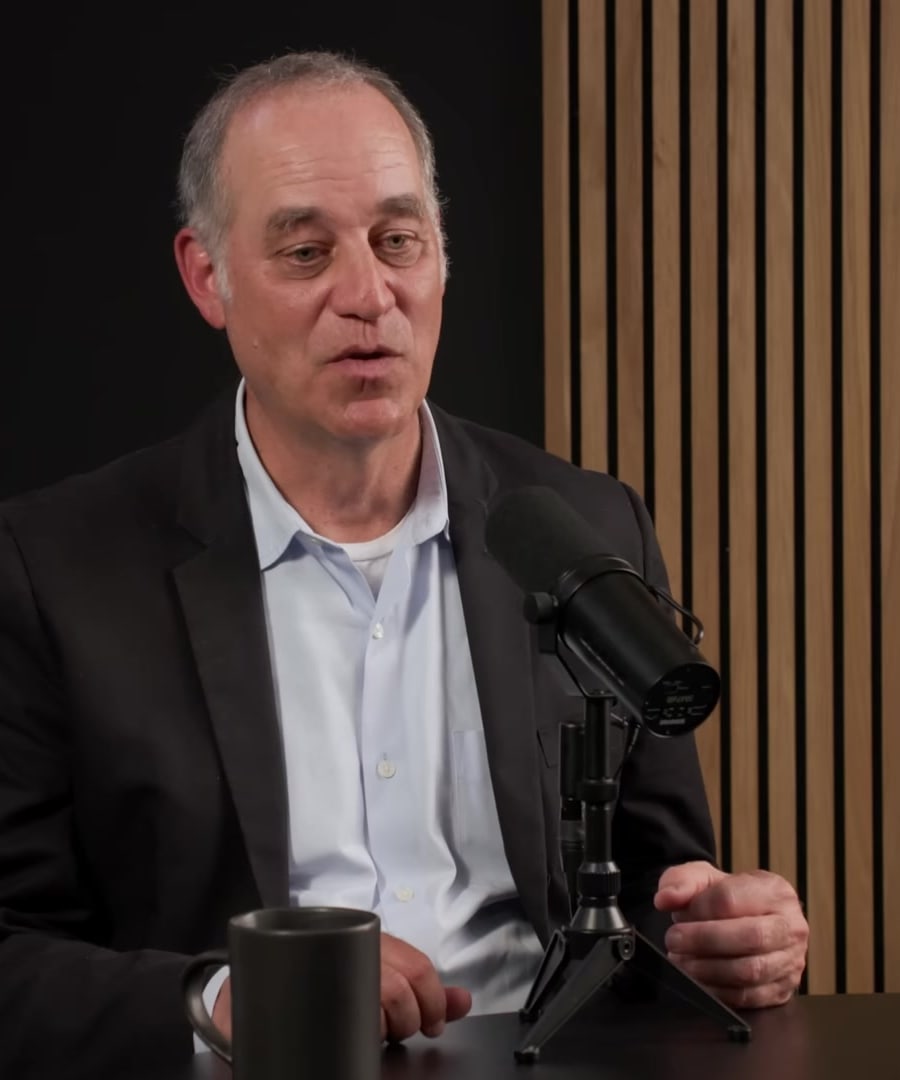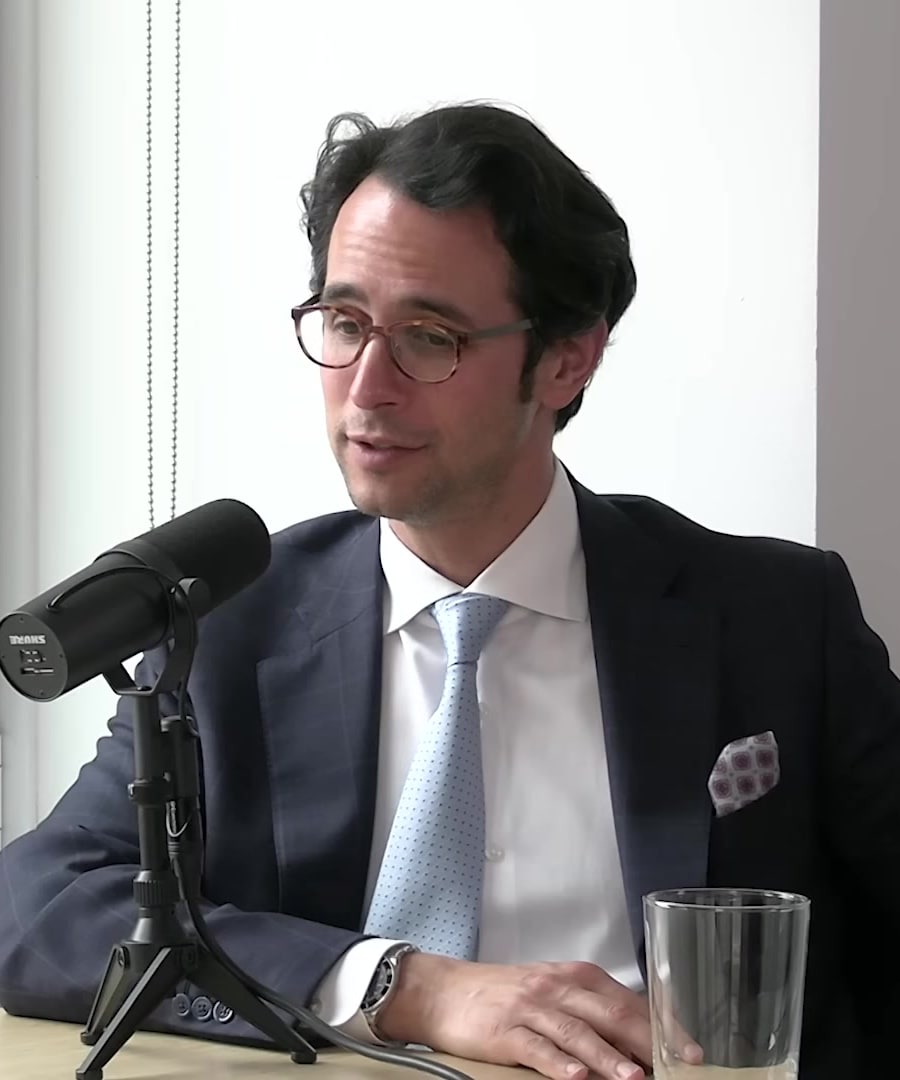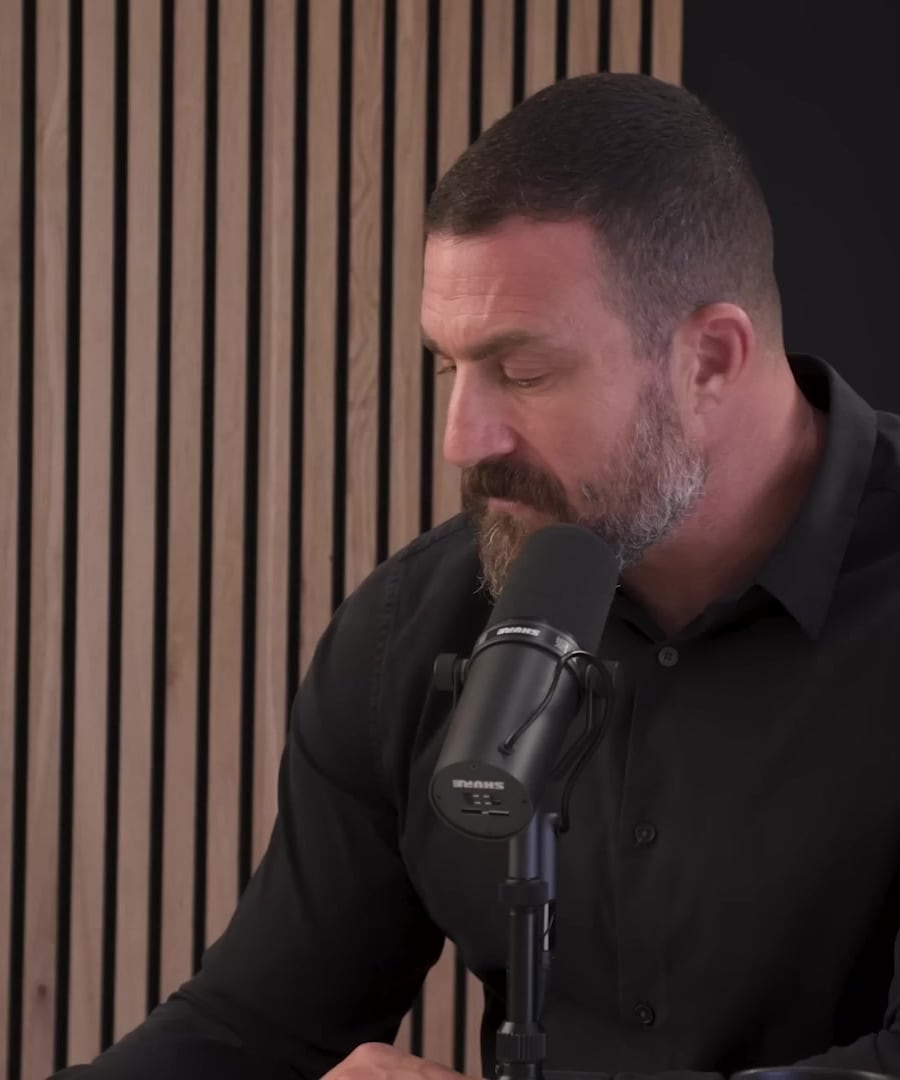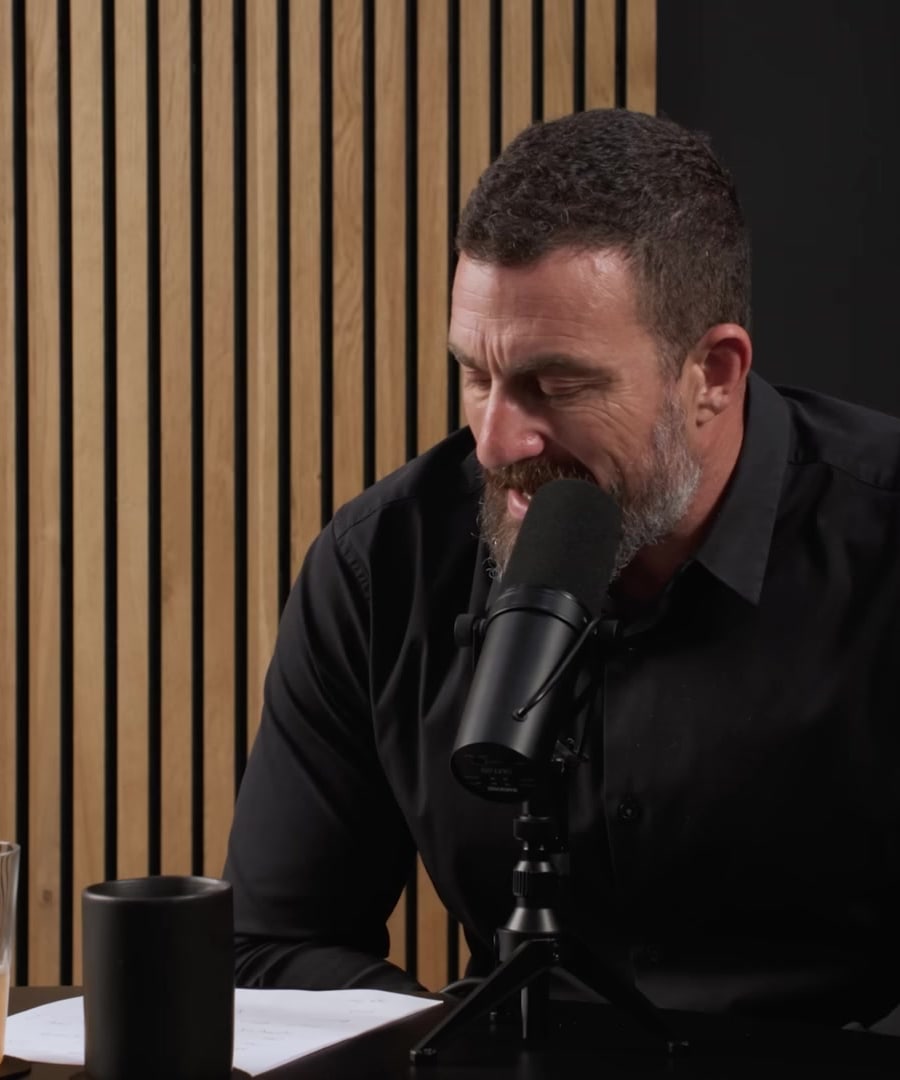Brain Disorder
Sources:
Several episodes and clips from the podcast discuss various aspects of brain disorders. Here are some insights based on the discussions:
-
Deep Brain Stimulation:
- Deep brain stimulation can offer therapeutic benefits for patients with Parkinson's disease, depression, and obsessive-compulsive disorder (OCD). Stimulation of certain brain areas not only alleviates motor symptoms like tremors but can also improve psychiatric conditions like depression and compulsive behaviors 1.
-
Brain Network Modularity:
- The brain operates through critical hubs, where damage to key areas can disrupt overall function. Research indicates that greater brain modularity—how independent brain networks are—can enhance cognitive resilience and predict responses to various interventions. Studies have shown that individuals with higher modularity benefit more from cognitive training and therapies, providing a promising direction for targeted treatments in brain health 2.
-
Brain Probing Techniques:
- Advances in brain probing techniques, such as stereoencephalography, have revolutionized the study and treatment of mental health disorders. This technique involves placing tiny electrodes in the brain to identify regions involved in disorders like epilepsy, depression, and OCD. This approach has been highly effective for both diagnosis and treatment, with potential to evolve into new therapeutic applications 3.
-
Nutritional Psychiatry:
- Nutritional psychiatry is an emerging field exploring the impact of diet, particularly the ketogenic diet, on mental health disorders. Preliminary studies and case reports suggest significant improvements in symptoms for conditions like chronic depression, bipolar disorder, schizophrenia, and Alzheimer's disease with dietary interventions. However, more rigorous research is needed to confirm these findings 4.
-
Brain Injury and Recovery:
- Contrary to earlier beliefs, recent findings suggest that the brain can regenerate to some extent after injury. Everyday scenarios, such as a mild hit to the head, are generally not cause for concern if symptoms resolve quickly. Furthermore, newer research indicates that brain circuits can compensate for damaged areas, highlighting the brain's remarkable adaptability and potential for recovery 5.
These discussions provide a comprehensive look at the latest research and therapeutic approaches for dealing with various brain disorders. Each area discussed offers hope for improved treatments and outcomes for individuals affected by these conditions.
RELATED QUESTIONS-




